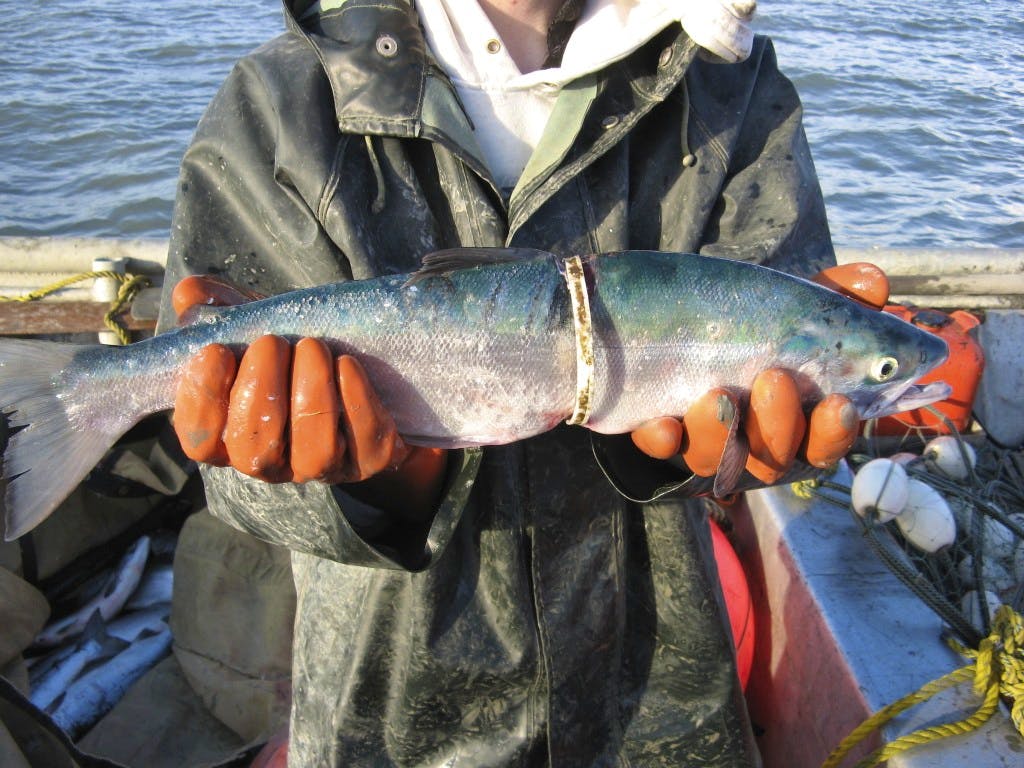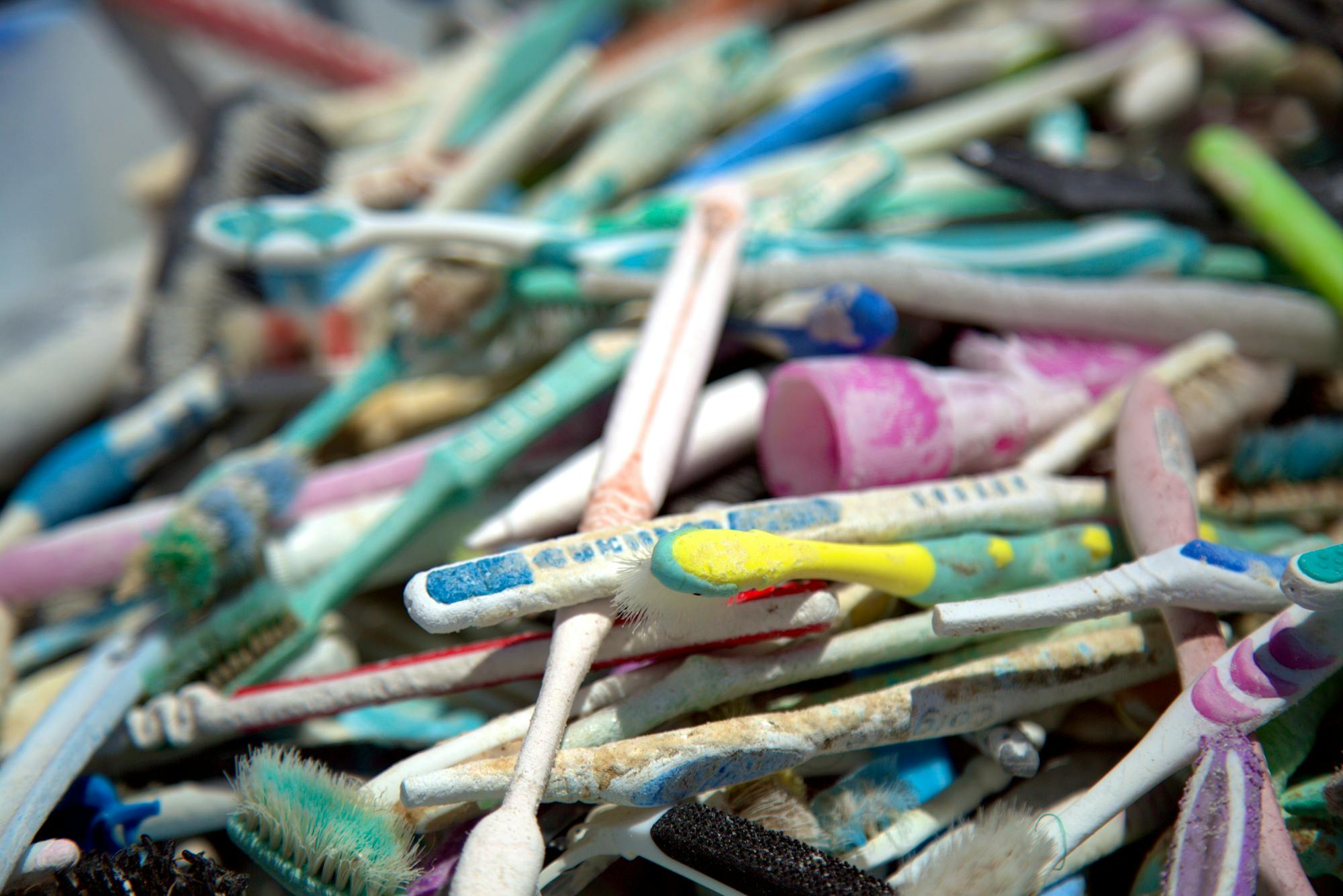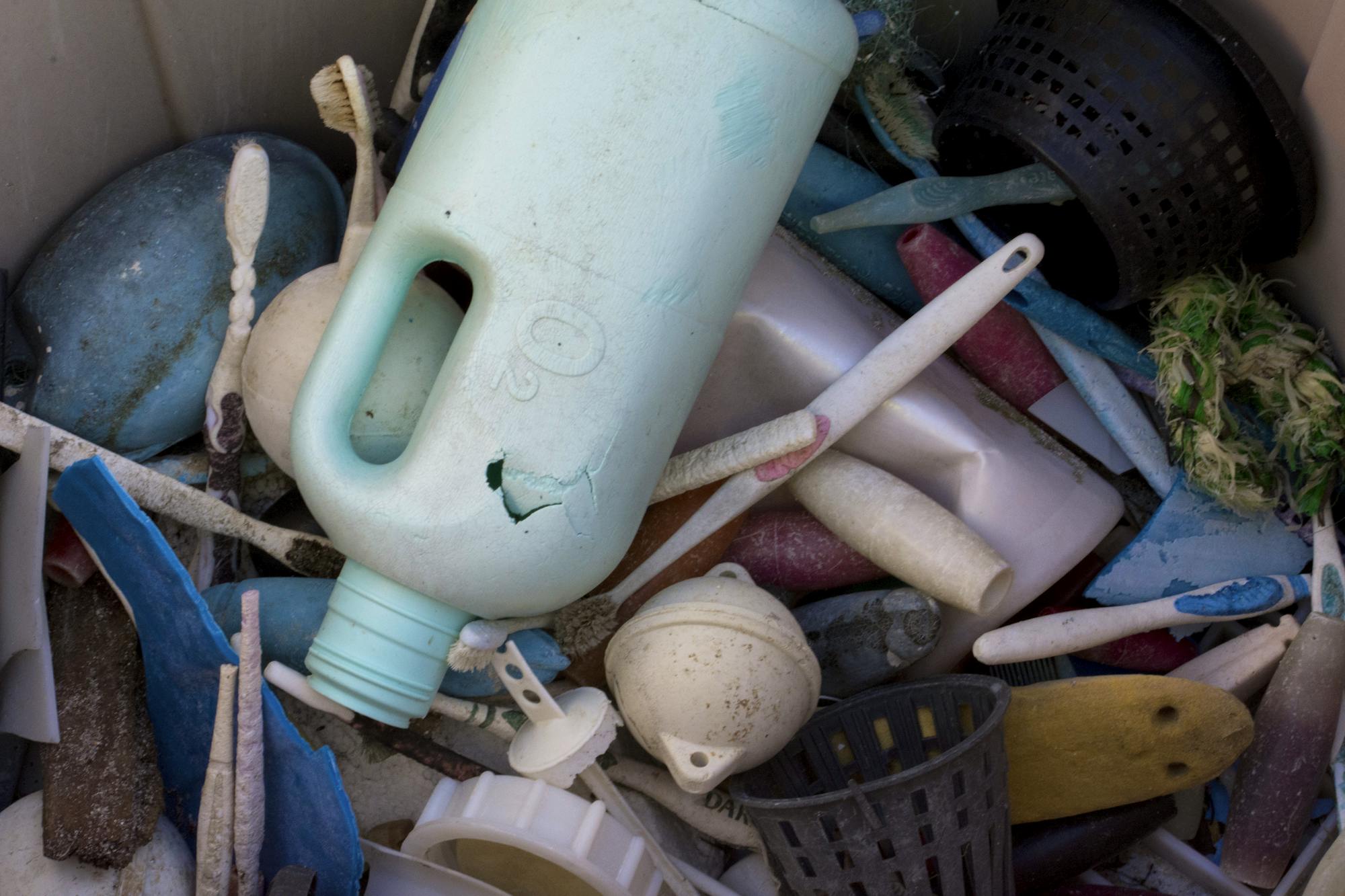Environmentalists and concerned community members from around California gathered in Sacramento to advocate for the passage of two single-use plastic reduction bills, Assembly Bill (AB) 1080 and Senate Bill (SB) 54. These bills would reduce the amount of single-use food containers, packaging and products sold in California and require that at least 75% of the remaining items be composted or recycled. This legislation would also mandate that, by 2030, all single-use packaging and products in the state be recyclable or compostable — which is an especially critical provision given that less than 15% of single-use plastic in California is currently recycled.



Plastic production contributes to our climate crisis as plastics are derived from fossil fuels and emit potent greenhouse gases as they break down. Plastic pollution starts with fossil fuel extraction, and continues through manufacturing, transportation, usage, and finally disposal. With a projected 40% increase in plastic production over the next decade, unless we make major policy changes to significantly combat this, plastic production will account for 20% of global fossil fuel consumption. Roughly two-thirds of all plastic ever produced has been released into the environment and remains there in some form. Plastic pollution affects every street, park, stream, river, coast and ocean in California as evidenced by single-use products being among the top items consistently found at cleanups throughout the state. As these items fragment into smaller particles, known as microplastics, they concentrate toxic chemicals and increasingly contaminate our food and drinking water sources. Microplastics have been found in tap water, bottled water, table salt, fish, shellfish and agricultural soils.
Countless seabirds, turtles, fish, marine mammals, whales and dolphins die from ingestion or entanglement plastics permeating the marine environment— plastics have been found from the bottom of the deep ocean in Monterey Canyon to the ocean’s surface and everywhere in between. It has been estimated that fish in the North Pacific ingest 12,000 to 24,000 tons of plastic each year, which then transfers up the food chain to larger fish and marine mammals, and ultimately humans. Within the last year, graphic images made headlines of dead whales, some filled with nearly 90 pounds of plastic in their stomachs. Clearly, there is an extremely heavy toll on wildlife.







AB 1080 and SB 54 would reduce the amount of waste that burdens taxpayers and local governments, plagues human health and pollutes our natural environment, by decreasing single-use packaging and products sold in California and ensuring the remaining items are effectively composted and recycled. As such, Defenders strongly supports both bills.
During meetings with legislative offices, advocates focused on promoting and educating legislators and their staff about these bills. At a midday rally, advocates and press gathered to hear from the bills’ authors (Assemblymember Lorena Gonzalez and Senator Ben Allen) and other supportive legislators, Marce Gutiérrez-Graudiņš, an environmental justice advocate from Azul, student organizers, “green” restaurateurs and other plastic-reduction advocates. It was inspiring to see passionate people from so many different sectors come together to demand that California take action against the tidal wave of plastics plaguing our people, wildlife, and landscapes. These bills would be a fantastic step towards a more sustainable recycling economy.
Protect Marine Wildlife
If you live in California, take a moment to tell your assemblymember and senator: Support AB 1080 and SB 54, and save our marine wildlife from deadly plastic pollution!










Follow Defenders of Wildlife
facebook bluesky twitter instagram youtube tiktok threads linkedin